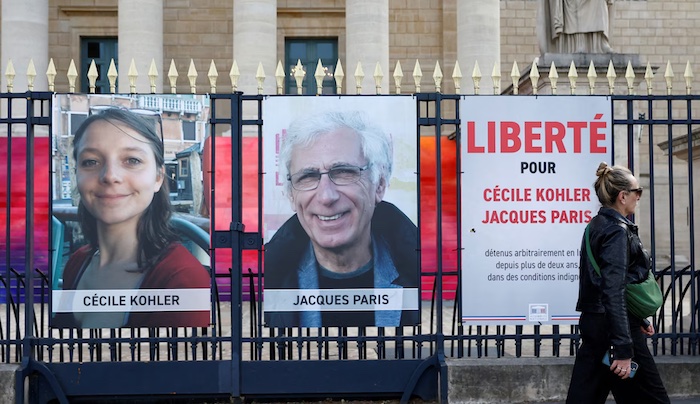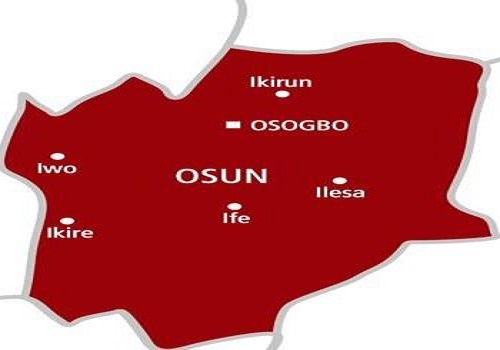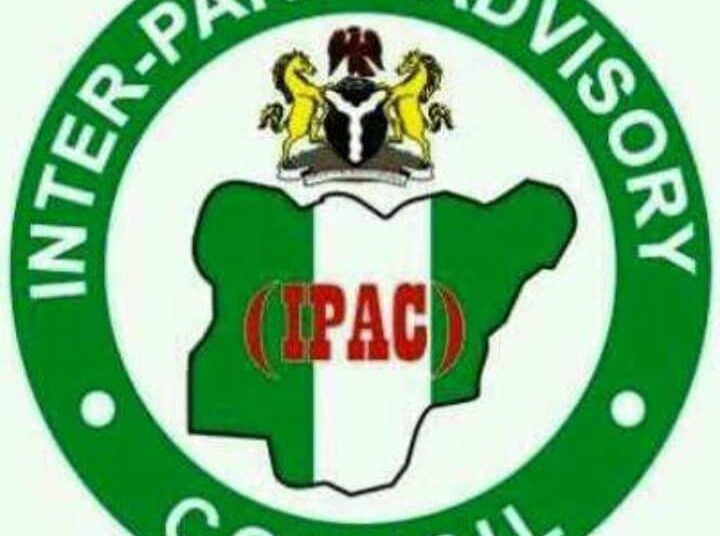
Screenshot
In a nation where the promise of meritocracy should shine brightly, the District Service Commissions (DSCs) have instead become synonymous with corruption. Recent revelations from the Inspectorate of Government (IG) starkly illustrate this grim reality.
The report titled “An Assessment of the Cost and Extent of Corruption in Recruitment by the District Service Commissions in Uganda” unveils a disturbing truth: the very institutions tasked with upholding integrity in civil service recruitment are mired in unethical practices.
The DSCs, entrusted with the recruitment of essential personnel— teachers, nurses and local chiefs—should be the gatekeepers of competence and integrity. Yet, they have fallen prey to the corrosive influence of bribery, particularly in the recruitment of teachers.
It is a bitter irony that those entrusted with shaping the moral fabric of society are now engaging in the very corruption they are meant to combat. In a desperate bid for job security in an environment where unemployment rates soar, many educators are resorting to bribery, undermining the ethical standards they are supposed to embody.
This troubling trend is not merely a byproduct of economic woes; it reflects a deeper malaise— the decay of our moral fabric. How do these individuals expect to recoup their bribes?
The answer is often found in desperate measures: nurses selling medicine on the black market, teachers cutting corners in the classroom, and civil servants delivering subpar services. The integrity of our institutions is jeopardized, and the citizens suffer the consequences.
The IG’s impotence in the face of such pervasive corruption is disheartening. Each year, Uganda loses approximately Shs 9.1 trillion to corrupt practices, a staggering amount that cripples our healthcare, education and essential services.
The question looms large: why is it so difficult to combat corruption? Attempts to introduce lifestyle audits for civil servants—a step towards accountability—were met with resistance. President Yoweri Museveni’s dismissal of this initiative, citing concerns over deterring potential investors, underscores a troubling complicity in the status quo.
His warning that strict oversight might drive corrupt officials to stash their ill-gotten gains abroad only serves to highlight a prioritization of economic interests over ethical governance. In this battle against corruption, the Inspectorate of Government must not only be backed by the highest echelons of power but must also be empowered to act decisively.
The integrity of our public institutions, the welfare of our citizens, and the future of Uganda hinge on our collective ability to confront this crisis head-on. It is time for a reckoning.
Ugandans deserve a government that values integrity over expediency, one that is willing to enforce the rule of law without fear or favour. If the guardians of meritocracy cannot uphold their duties with honor, then we must demand accountability and reform. The cost of inaction is far too high, and the time for change is now.



